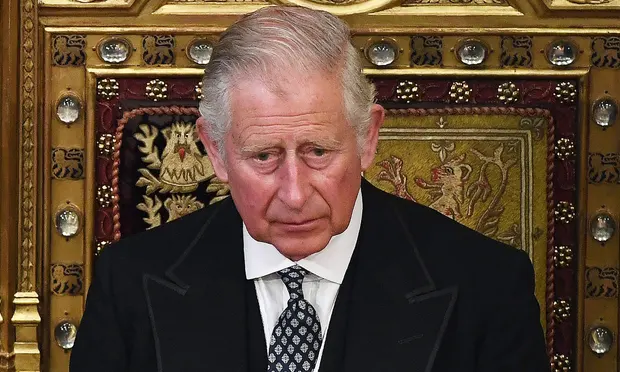Sunday, King Charles III attended his first reception for representatives of the Commonwealth realms—the 14 former colonies that he currently rules with Britain.
One of the greatest difficulties for the 73-year-old will be how to keep the royal family united now that his late mother Queen Elizabeth II so cherished, in the face of republican movements gaining ground everywhere from Australia to Antigua.
On his third full day as ruler, the king had a reception with realm high commissioners and their spouses at Buckingham Palace before welcoming Patricia Scotland, the secretary general of the 56-nation Commonwealth.
After a pompous proclamation in London on Saturday, Charles had just been formally crowned king of Australia and New Zealand.
Although there is some doubt as to whether Charles can arouse the same adoration as his mother, “Mama Queen,” as she was called in Papua New Guinea, based on the ecstatic honors paid to her.
The Caribbean island nation of Barbados was the most recent to do so last year, and other countries are following suit. Prime Minister Anthony Albanese and a sizable number of Australians favor independence, but for the time being, he is concentrating on grieving the late queen.
Prime Minister Gaston Browne announced his intention to organize a republic referendum “within the next three years” not long after Charles was formally crowned monarch of Antigua and Barbuda.
Charles has also talked about dancing at a 1973 independence gala with the wife of the prime minister of the Bahamas, Lynden Pindling, and water skiing with the former prime minister of Malta, Dom Mintoff.
These connections might make it more likely that the countries will remain in the Commonwealth even if they overthrow the monarchy. David Cameron, a former British prime minister, said Charles is a “superb diplomat” like his mother.
He knows every leader personally and connects with them beautifully, according to what he observed him do at Commonwealth heads of government meetings, the man told BBC television.










